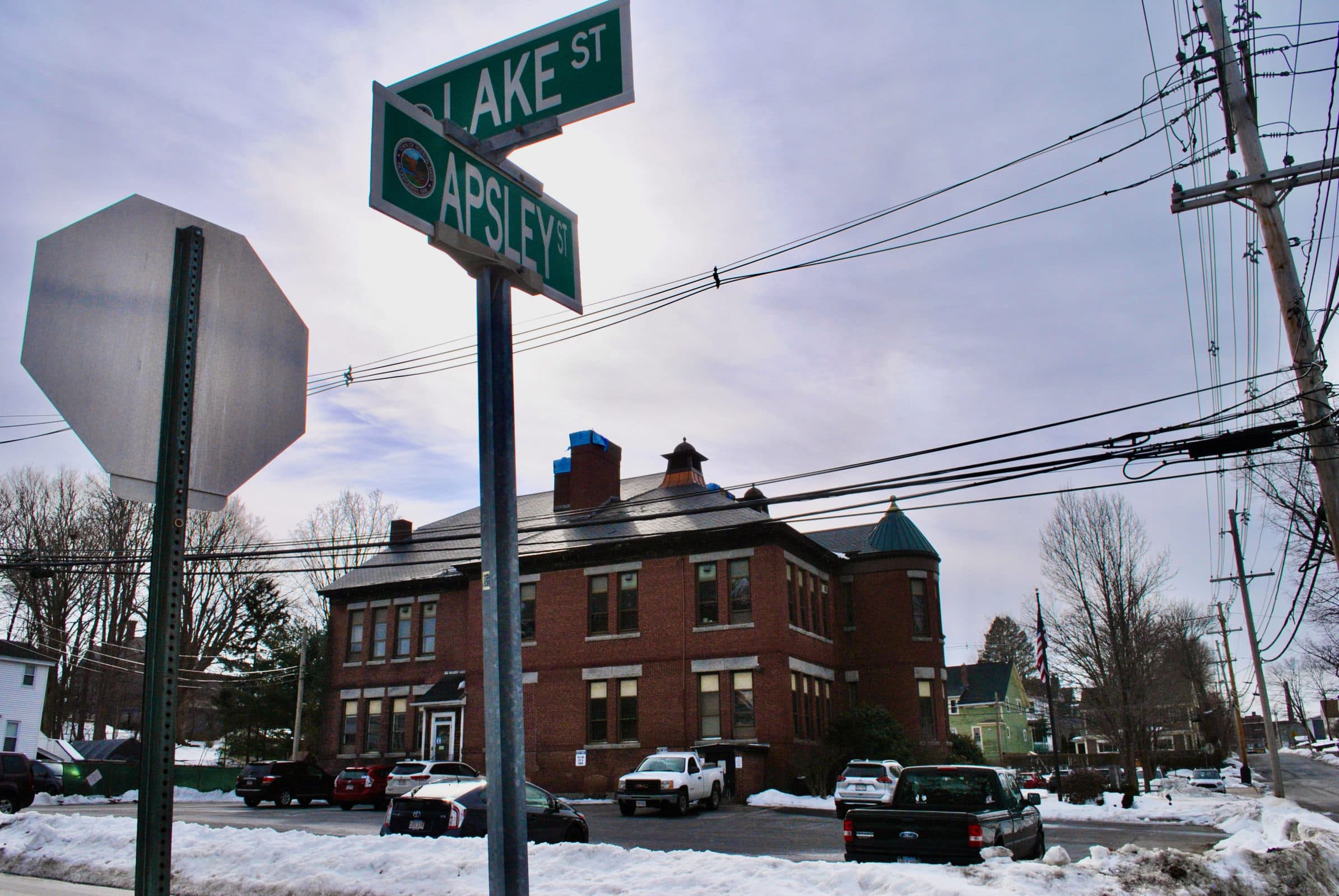
HUDSON — Superintendent Brian Reagan shared the results of the 2023 Massachusetts Comprehensive Assessment System (MCAS) test for Hudson Public Schools, which showed that Hudson was on par with similar school districts and the state average achievement percentages.
“In terms of meeting/exceeding and partially meeting, we’re generally on par with the state,” said Reagan during the Dec. 12 School Committee meeting.
MCAS results
When compared to the state percentages of 44% of students meeting expectations for Grade 3 English language arts, the Hudson’s elementary schools scored at 47% meeting expectations for Farley School, 39% for Forest Avenue School and 32% for Mulready Elementary School. In the partially meeting category, the state came in at 40%, while Hudson’s rates were 46% for Farley, 52% for Forest Avenue and 57% for Mulready.
Similarly for mathematics, results showed that 41% of students statewide met or exceeded expectations, while 32% of Farley students, 35% of Forest Avenue students and 26% of Mulready students achieved that score. As for partially meeting expectations, the percentage was 39% for the state, and 51% for Farley, 42% for Forest Ave and 63% for Mulready.
In the not meeting expectations category, Hudson elementary schools performed better than the state average of 16% at 7% for Farley, 9% for Forest Avenue and 11% for Mulready in ELA. The data showed a similar trend for math achievement with one elementary school having a slightly higher not meeting expectations percentage than the state average.
Reagan said the results are largely informative at the elementary level, while the high school’s results are more important in terms of graduation requirements.
For Grade 10 ELA, the state percentage was 58% for meeting expectations and 30% for partially meeting expectations as compared to Hudson High School’s 53% and 34%, respectively. As for mathematics, the state percentage was 50% and 42%, respectively, for meeting and partially meeting expectations, and HHS had 41% of their students meeting expectations and 53% partially meeting expectations.
As for not meeting expectations, 13% of HHS students scored in this category versus the state average of 11% for ELA, while the stats for mathematics was 6% for HHS and 9% for the state.
When compared to similar school districts to Hudson, for grades 3 to 8 in ELA, Hudson had a percentage of 40% in meeting or exceeding expectations, while Medford scored the same and Marlborough was lower at 25%. The Abington and Watertown schools were higher at 48%.
On a positive note, Hudson had a relatively low percentage at 14% of not meeting expectations, when compared to Clinton, Marlborough, Medford and Watertown. Only Abington was lower than Hudson at 13%.
The criteria for being like Hudson, Reagan said, was the percentage of special education students and English language learners as well as the size of the school district. In comparing “apples to apples,” he said Hudson fell into the middle of the pack as far as the achievement percentages.
Reagan said, “We’re certainly not leading the pack, but we’re not at the bottom.”
He added, “We’re right within the pack.”
Assistant Superintendent Kathy Provost noted they have rolled out a new math curriculum at the elementary level and high school level. In addition, they are continuing to have WIN (What I Need) blocks at the middle school and ARC (Academic Resource Center) blocks at the high school where students can work with math and reading specialists.
“They’re starting to really think about how they can see small groups of kids based on their needs,” said Provost.
Also at the meeting, parent and Chair of the Special Education Parent Advisory Council (SEPAC) Cheryl Langill spoke about the Dec. 5 SEPAC roundtable with Reagan and the student services staff. Many voices were heard, she added.
“I just want to take a moment to thank our superintendent for meeting with our families. We had a fantastic turnout. It was very, very nice,” said Langill.
In his report, Reagan said, “It was actually a pleasure to be in a room with so many parents.”
He called it a great way to recognize their concerns and questions, and he looked to doing more roundtables like that with not only SEPAC, but other organizations in the district. He encouraged people to reach out if they had questions related to the roundtable.












